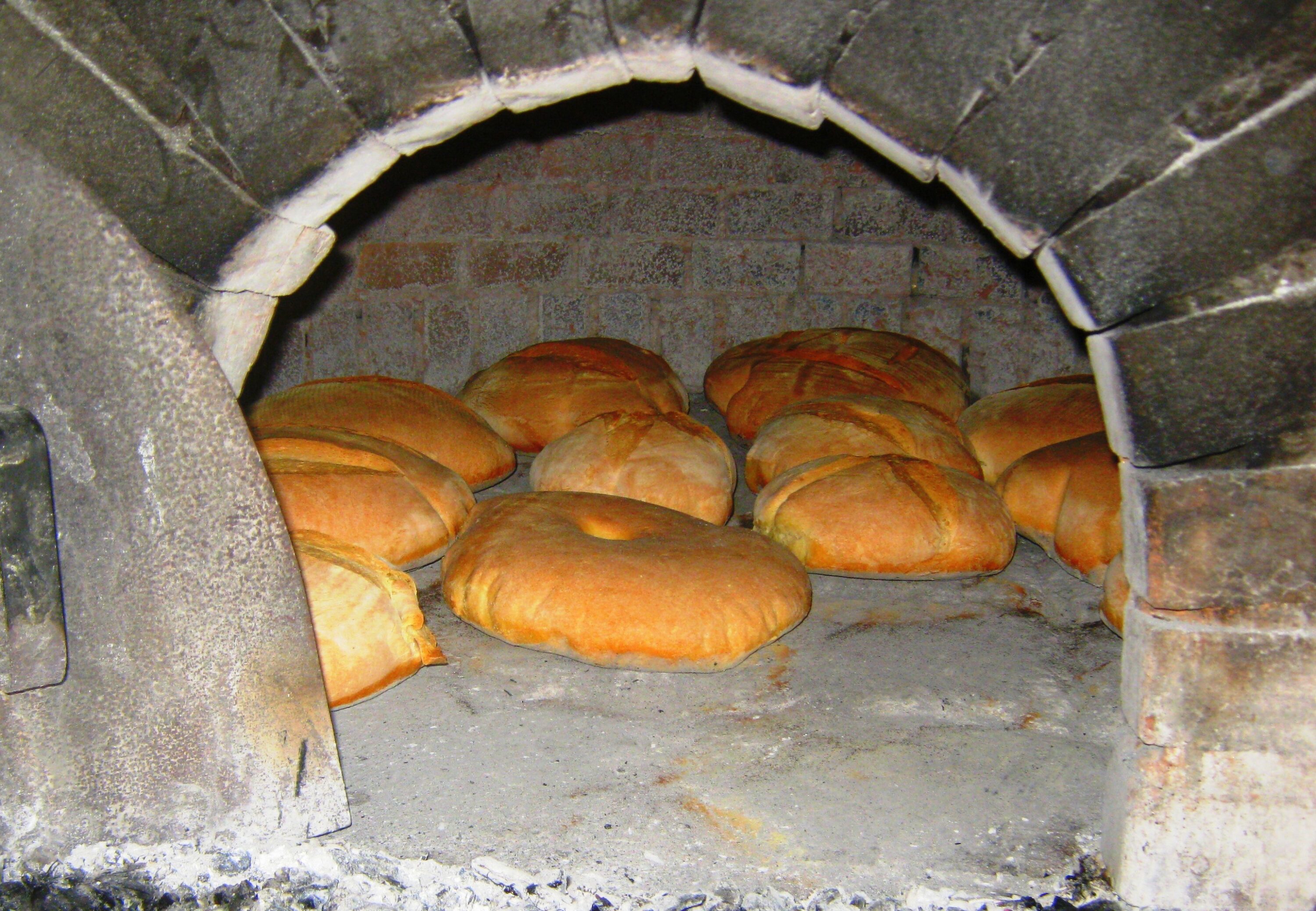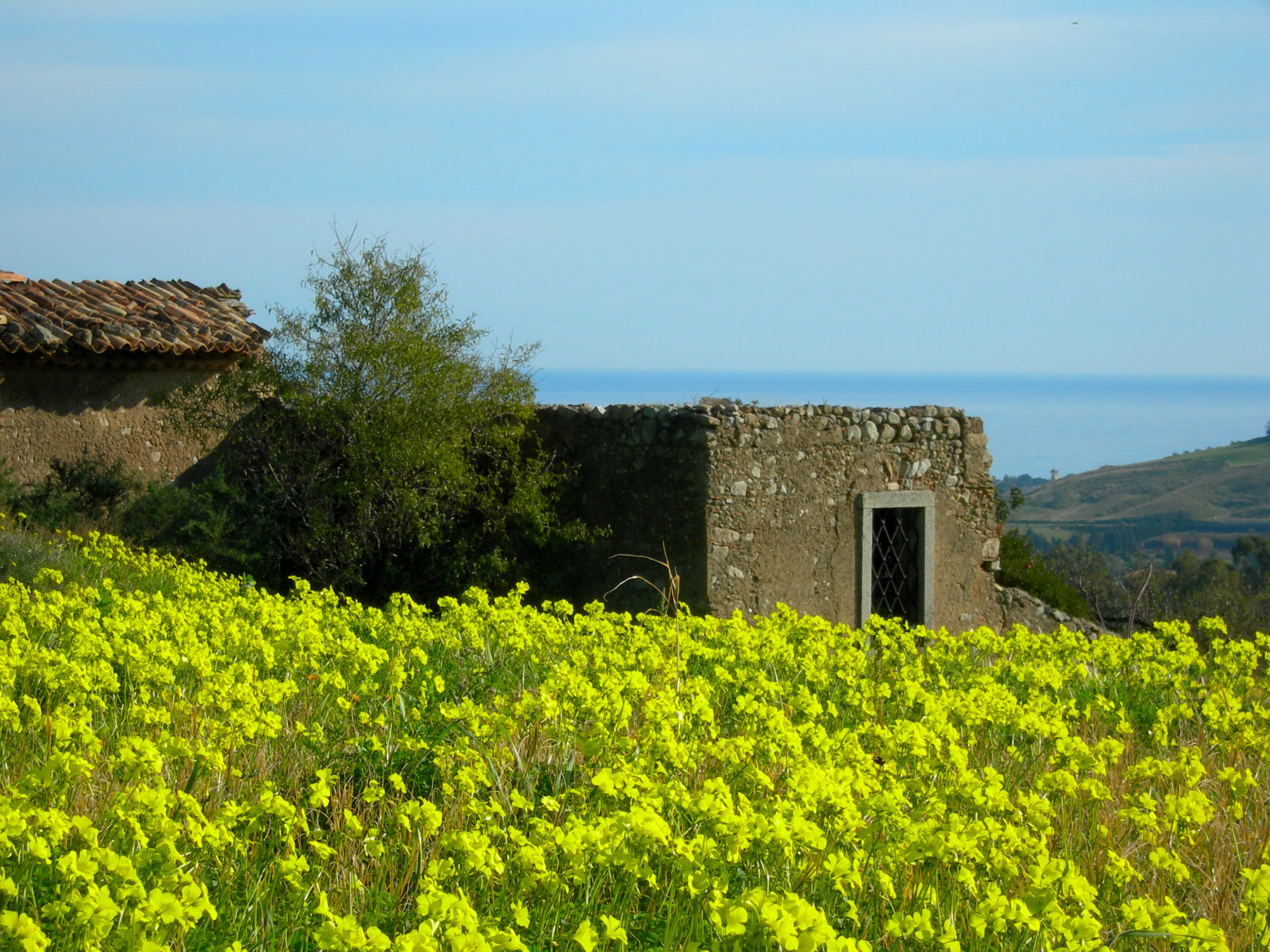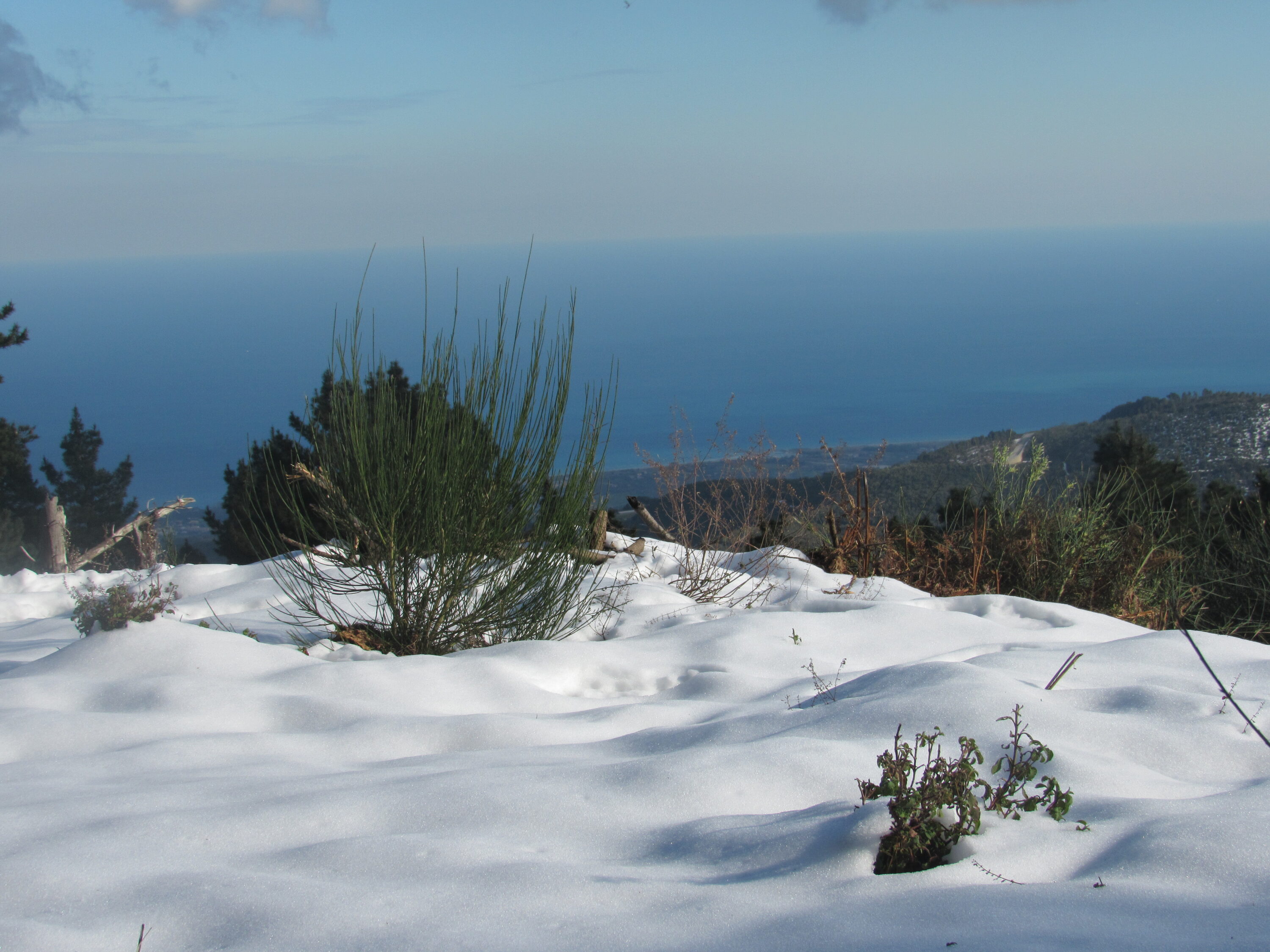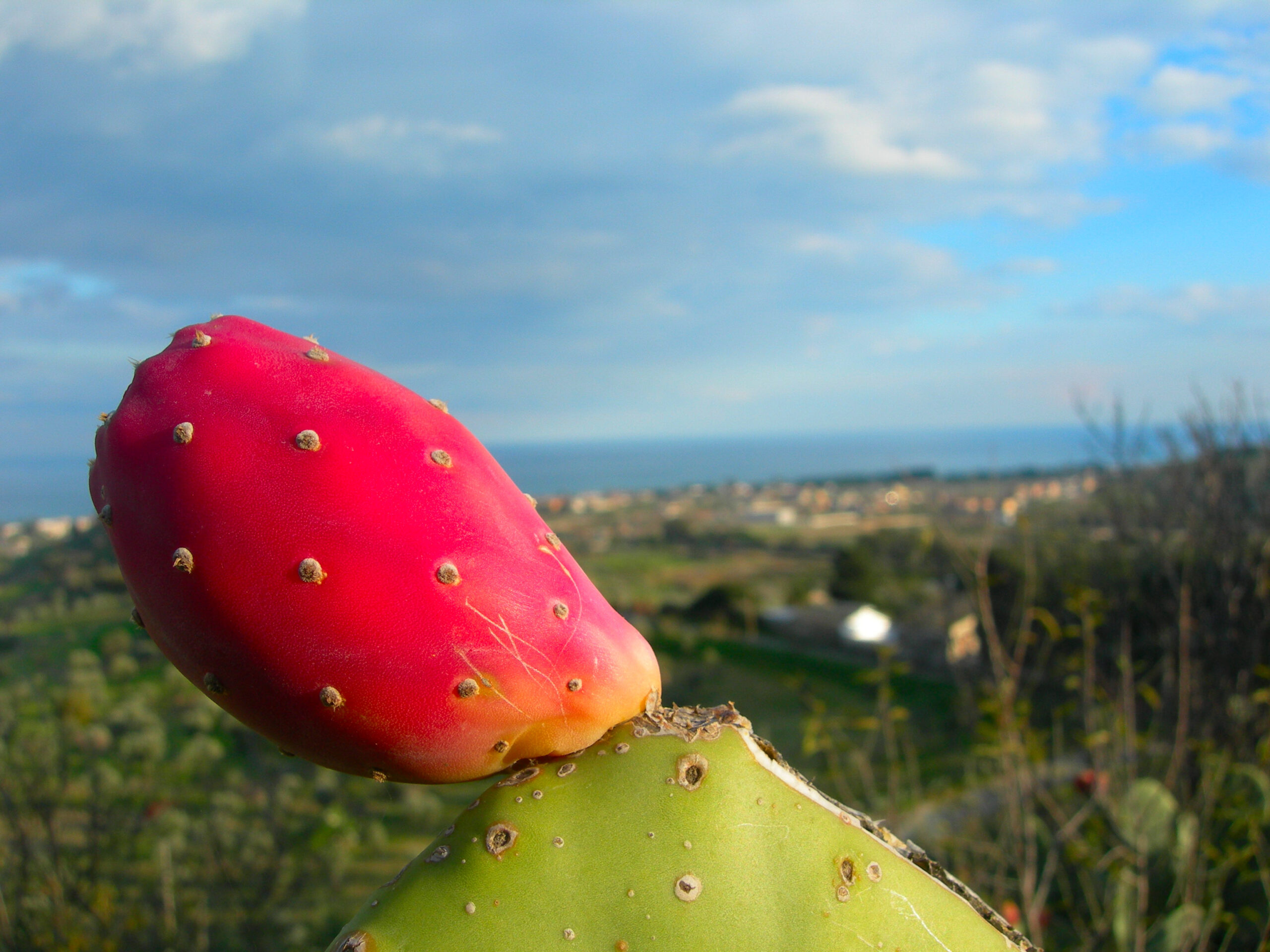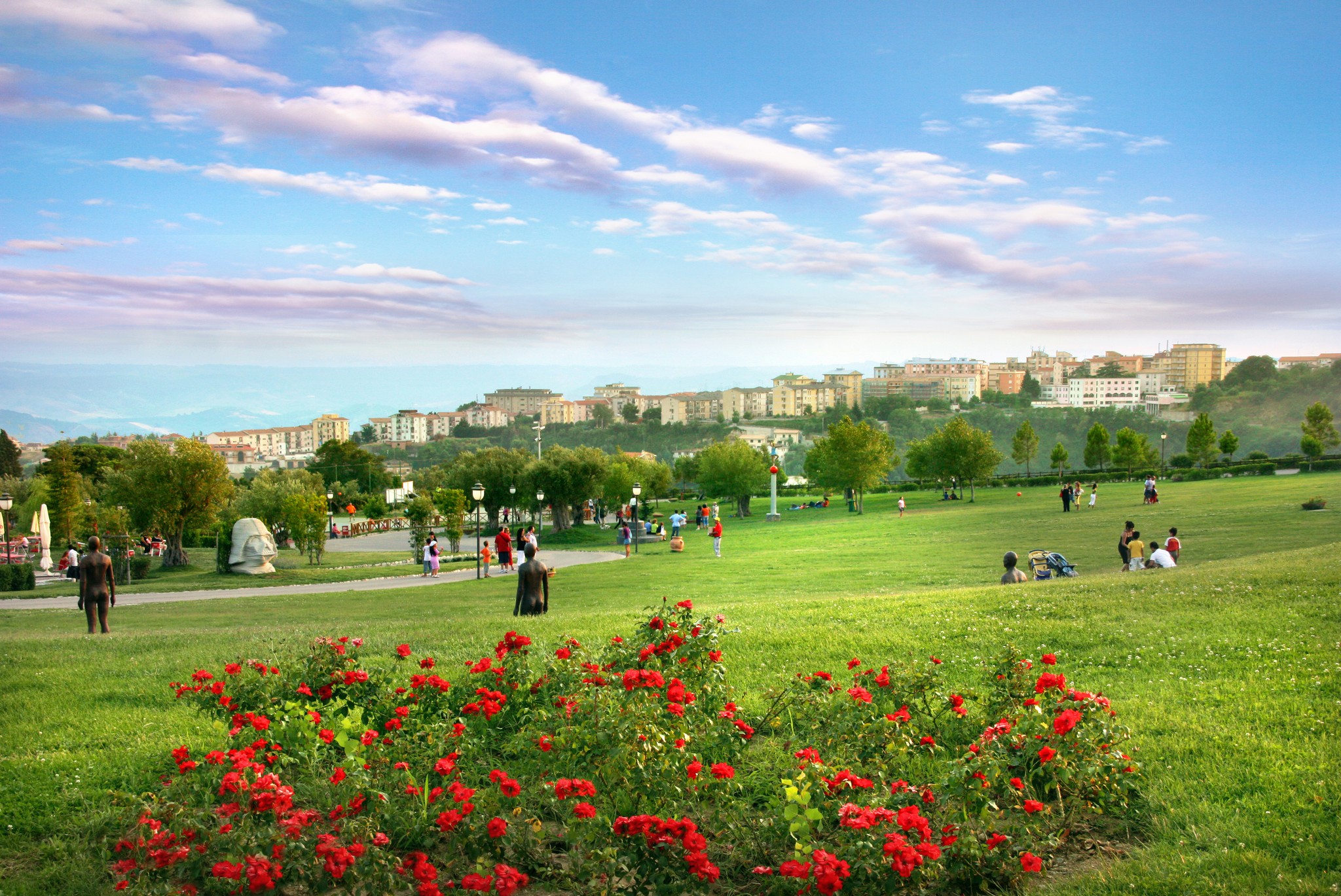
By Francesco Gualtieri - JUMP Team
Despite its history, natural and cultural richness, Calabria is one of the most underrated region of Italy. Calabrian culture is influenced by its history, since this specific territory has been inhabited by Arabics, French, Spanish and on top of everyone, Greeks. The first big example of how Calabrian culture is influenced by the populations who lived there over time is the language: Calabrian dialect has so many words and sayings coming from other languages. For instance: “wife” in calabrian is “mujjera”, as the Spanish word to say “woman”, “mujer”. The tank to collect water, depending on the zone is called “cebbia” or “gebbia”, coming from the Arabic “gabya”. In French, the box is called “boite”, just like the Calabrian version, “buatta”, or the mouse, the “souris”, in Calabrian “surici”. For the greek part it would be necessary an essay by itself, but the most striking example is in the names of the fruits: “Κεράσι (kerasi)”, is the greek term for cherry, as in Calabrian is “cerasi”, or again “Πορτοκάλι (portokali)”, orange, in Calabrian is “portugallu”. In some zones of south of Calabria they even still speak ancient greek as a dialect!
Even the gastronomy reflects the historical vicissitudes of this land: poor foods, but with an intense flavor, allow us to retrace the cultural influences of Calabria region. For example the desserts that often recall the splendors of Megale Hellas unleavened pastry filled with honey and dried fruit, often with shapes with ancestral meanings, but also remembrances of the glories of the French and Spanish Bourbon court. But also the poor cuisine that uses only local ingredients, wild herbs with legumes cooked over the fire in the typical terracotta pot, the”pignata”, as well as the king of meats, pork, still preserved according to ancient methods, in salt and chilli, sausages of various types and sizes, and even cheeses obtained from sheep reared which have always been reared in these lands. Products created with ancient and slow gestures, marked by rites and the rhythms of nature. Let’s not forget the use of typically oriental spices, as well as some dishes with names of Nordic origin, intertwined with the flavors that have always been of a territory and a sea, in nature, but also in the cuisine and in the character of Calabrians. The cuisine reflects the deeps contradictions of the wild and never tamed nature of this strip of land that has forged beings with a reserved, primitive, refined, welcoming, generous, selfish, passionate, philosophical, spiritual, adventurous, respectful, taciturn and thoughtful character.
